“GUTS,” Olivia Rodrigo’s second studio album, perfectly depicts the rollercoaster of emotions teenagers go through on a daily basis. Over the course of her album, Rodrigo sings about the expectations society places on young women, but it is in her song, “Teenage Dream,” where she laments leaving her adolescent years behind.
The song begins with her wondering when she will stop growing up and what it means to say goodbye to her younger self: “When am I gonna stop being great for my age and just start being good?”
Another one of her fears is that she might not have made the most of her teenage years. This is seen in the chorus in the line, “I’m sorry that I couldn’t always be your teenage dream.” Here, she is most likely addressing her younger self about how she could never meet the standards she places on herself.
In the chorus, Rodrigo also questions her future, as people tell her, “It gets better the more you grow.” The soft piano from the start of the song turns into a powerful melody of guitar and drums as she embraces the uncertainty of a positive outcome and releases this through her lyrics.
Adolescent emotions are a consistent theme in her work. In her previous album, “Sour,” she mentions the idea of a teenage dream in her song “Brutal.” However, in that song, she is talking about a breakup and not meeting her boyfriend’s standards, or “dreams.” That album, inspired by heartbreak and loneliness, explores the ideas of a cliché teenage dream and whether you should listen to yourself instead. In “Brutal,” she sarcastically addresses her boyfriend’s expectations of her in the lines, “I’m so caught up in the news of who likes me, and who hates you.” But in “Teenage Dream,” she recounts her own expectations of adolescence while battling the feelings of finding self-worth and satisfaction within.
The rhetorical questions, “Will I spend all the rest of my years wishing I could go back?” are never answered, and by the end of the song, in the lines “It gets better the more you grow,” Rodrigo questions whether or not it is true. “Brutal” opposes the idea that teenage years are the best years of any person’s life, stressing the misleading promises of youth end in disappointment. These same ideas are represented in “Teenage Dream,” as she acknowledges those feelings of heartache in her life but understands it is a part of growing up.
I think this song perfectly depicts the life of a teenage girl as Rodrigo spends her life wondering and reminiscing about her past experiences and what she could have changed. Although it is quite a somber track to end her album with, Rodrigo has intentionally spilled her “guts” about the struggles of growing out of her teenage years and invites us to scream out our own emotional angst along with her.


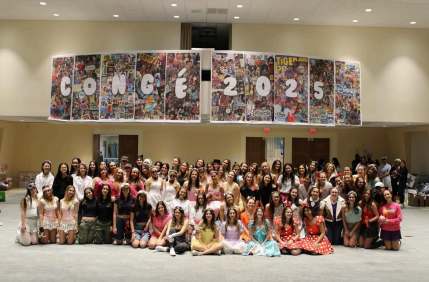





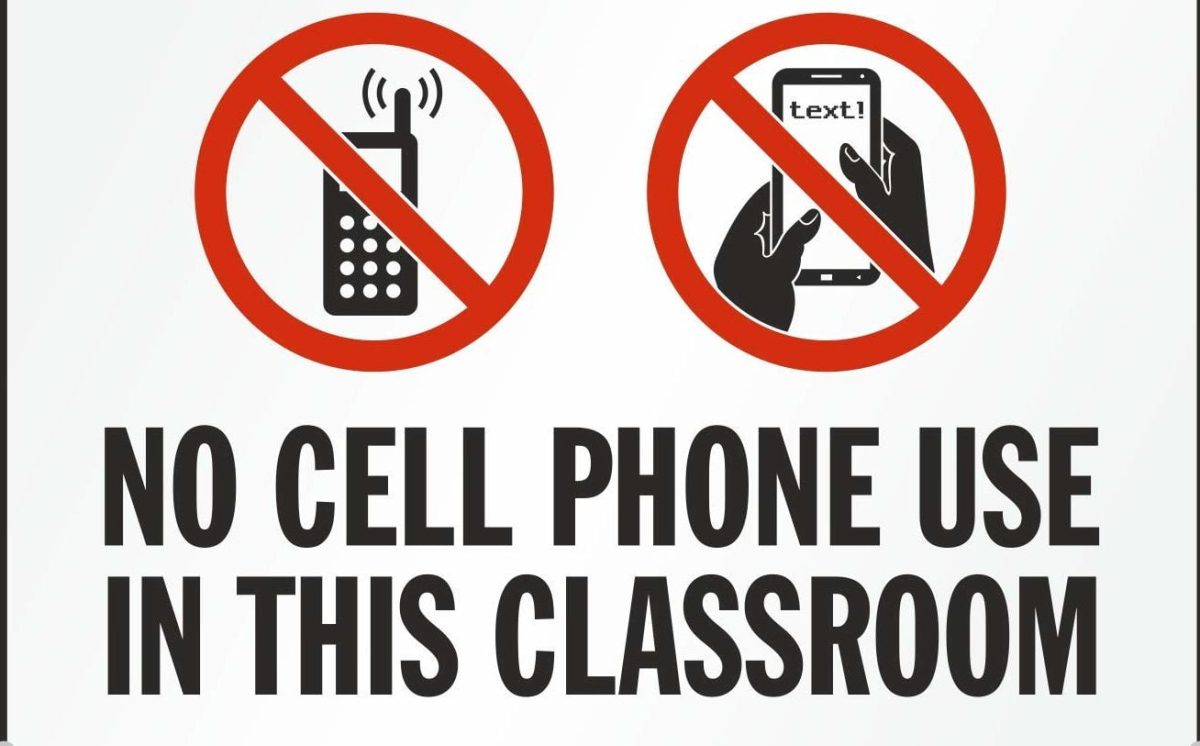










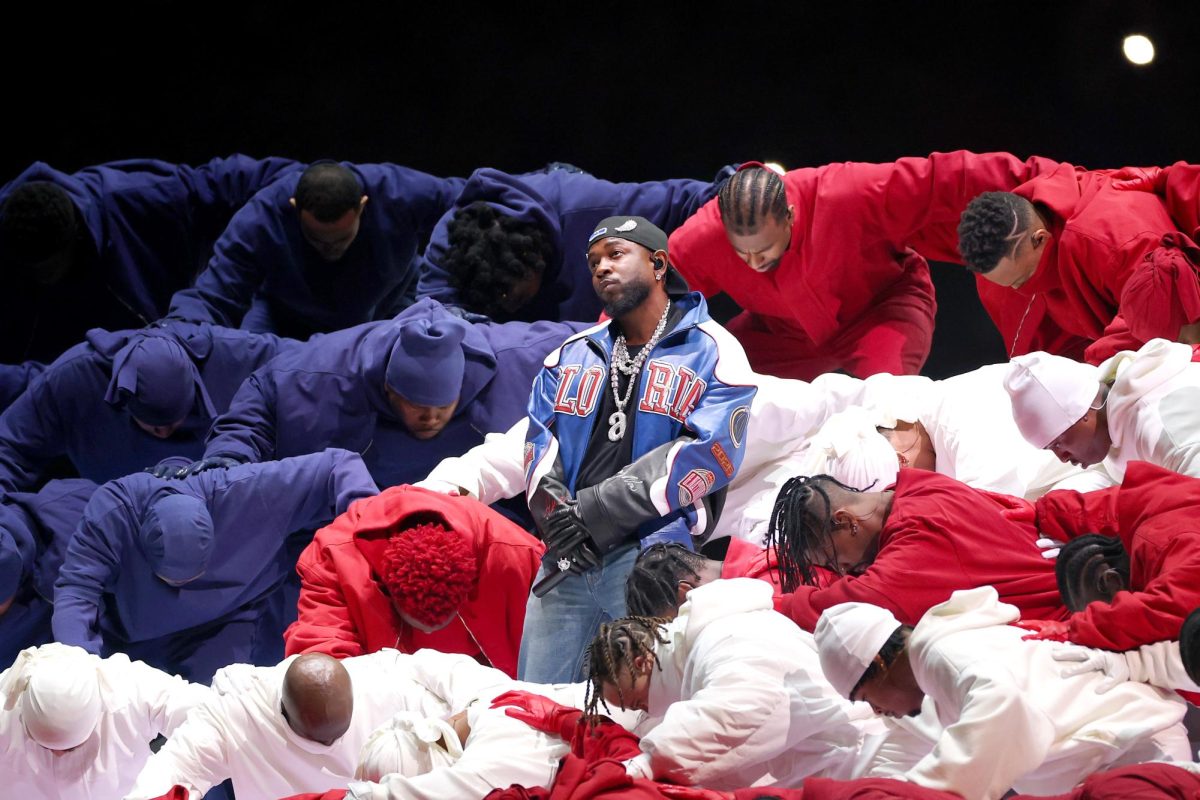








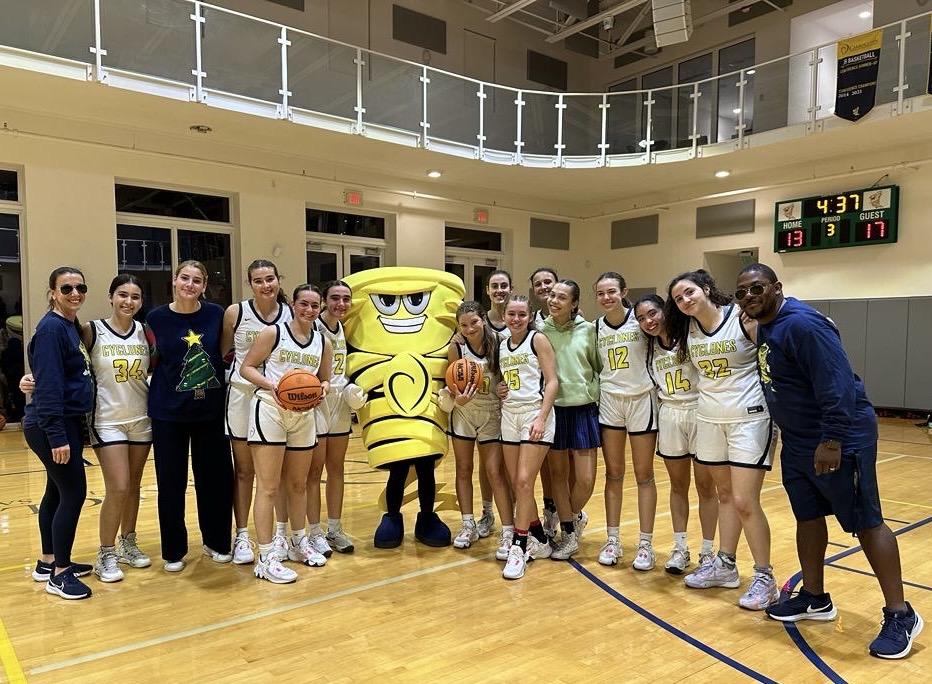
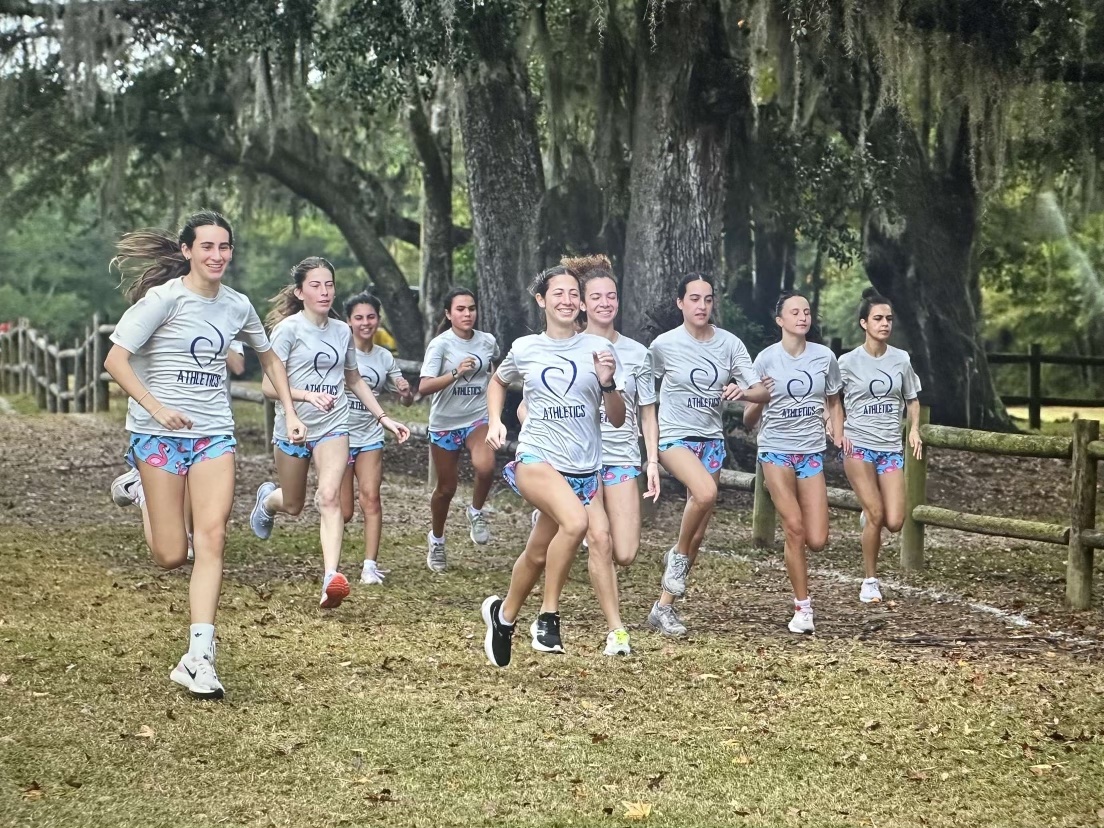

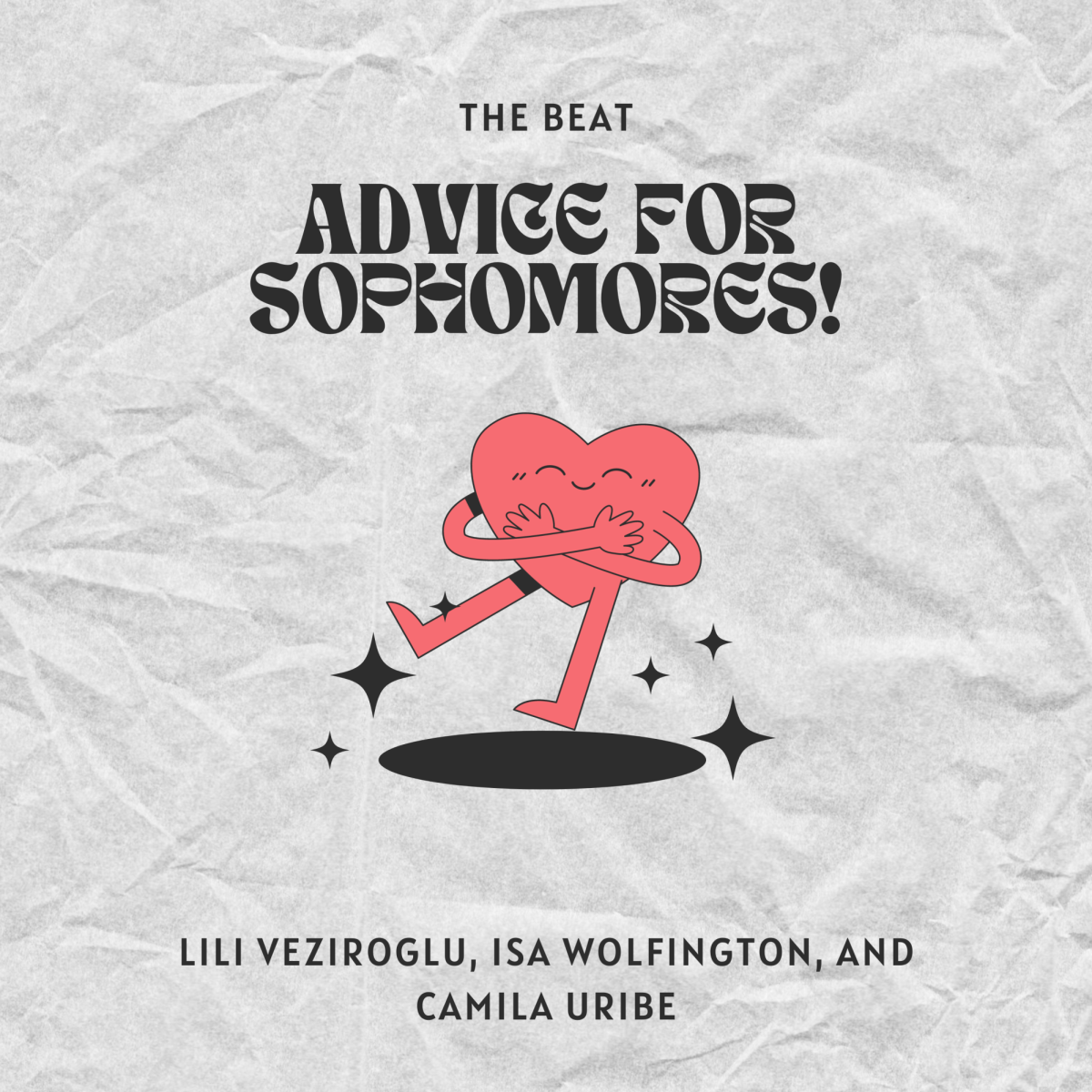






Mary Ann Baker • Dec 11, 2023 at 10:16 am
Well-written, Meredith!